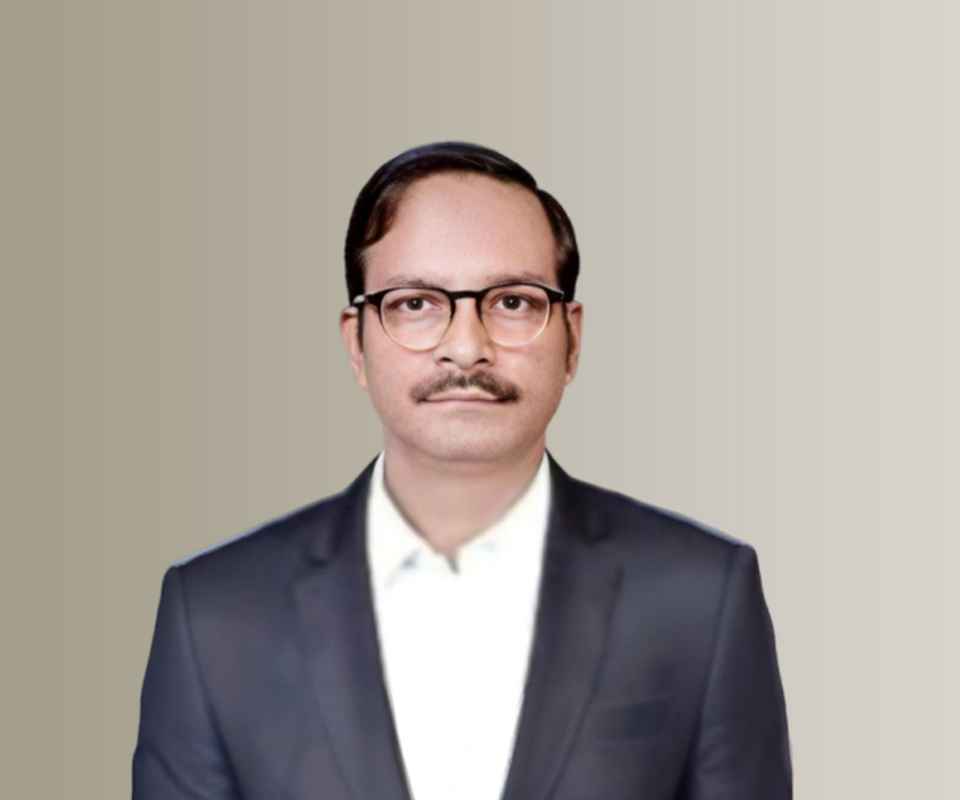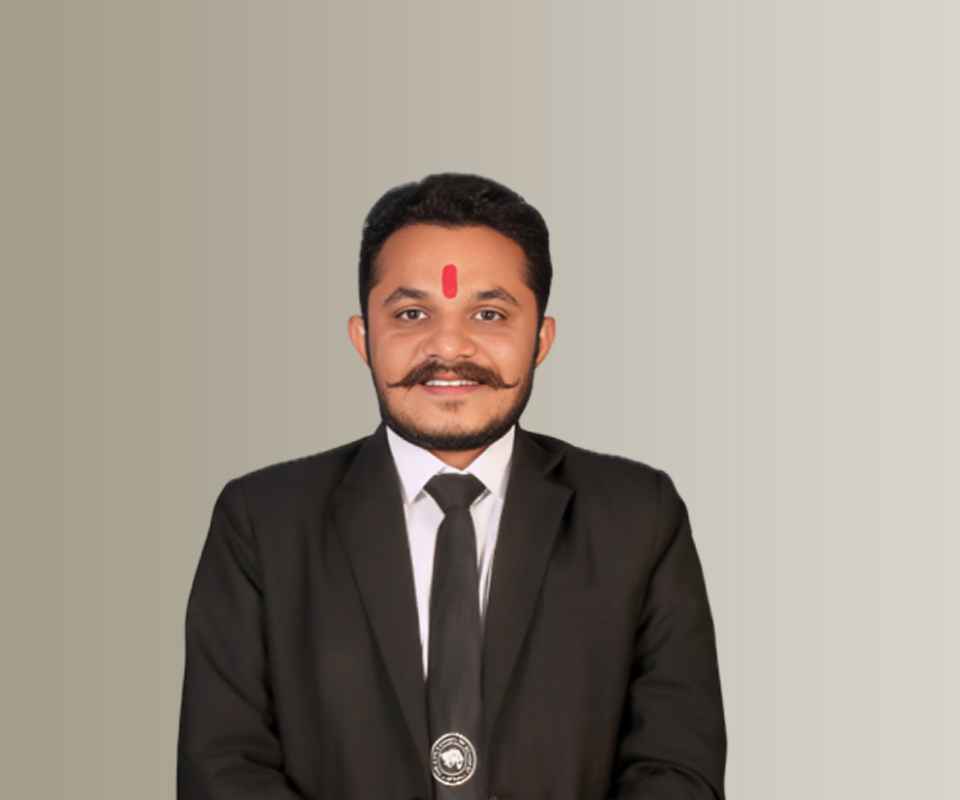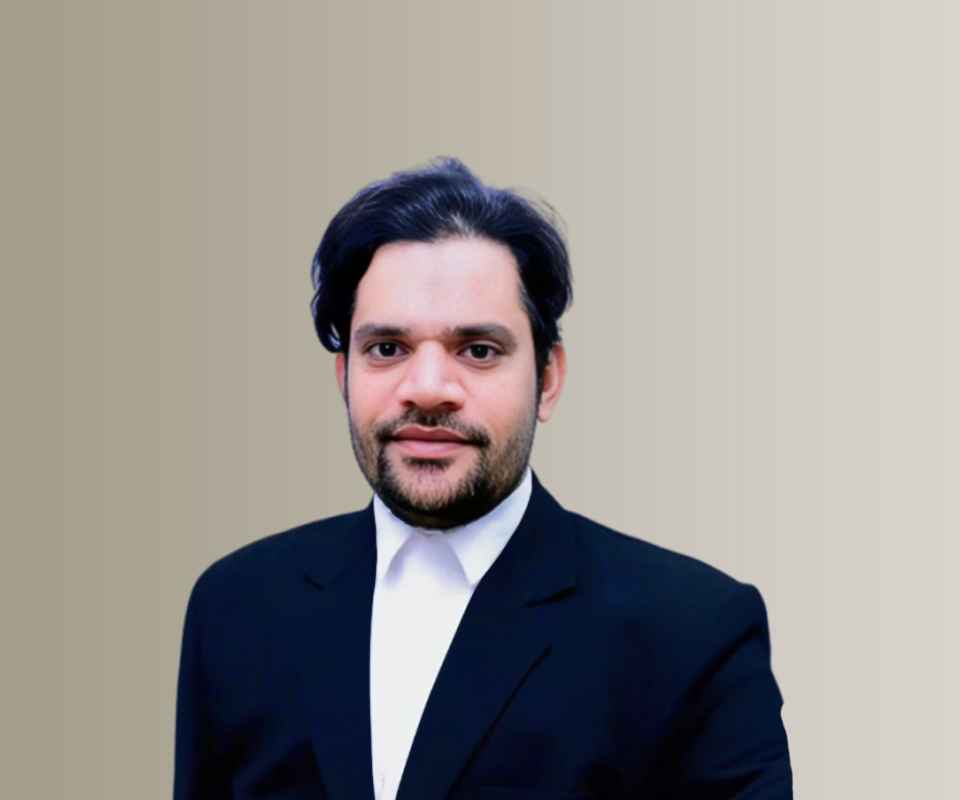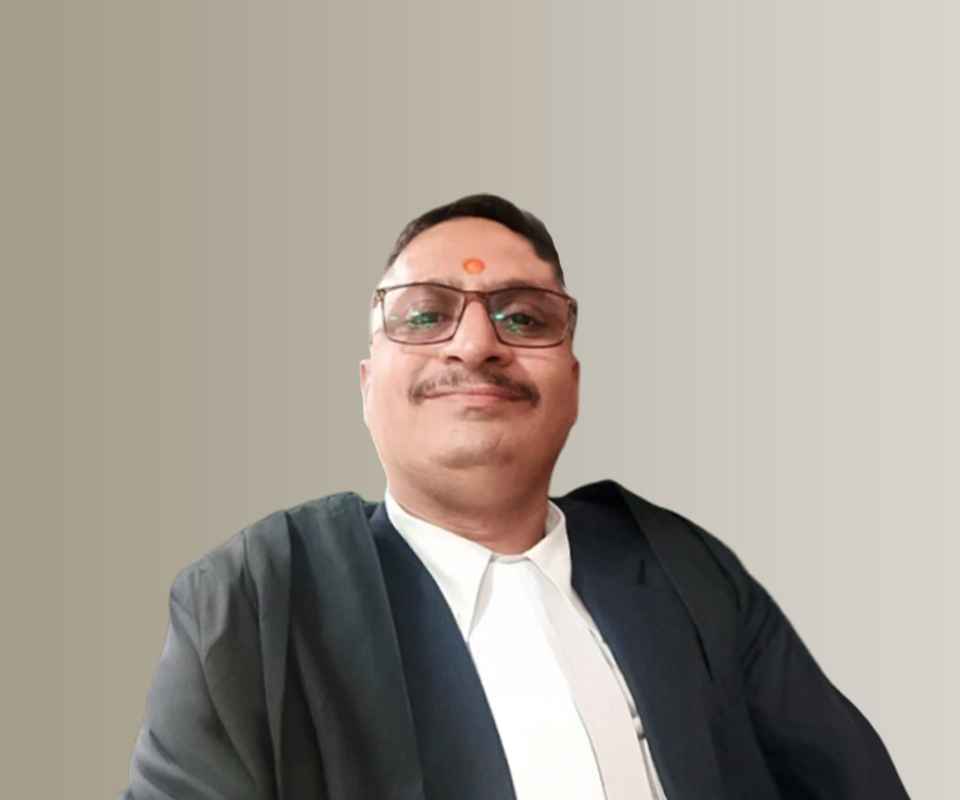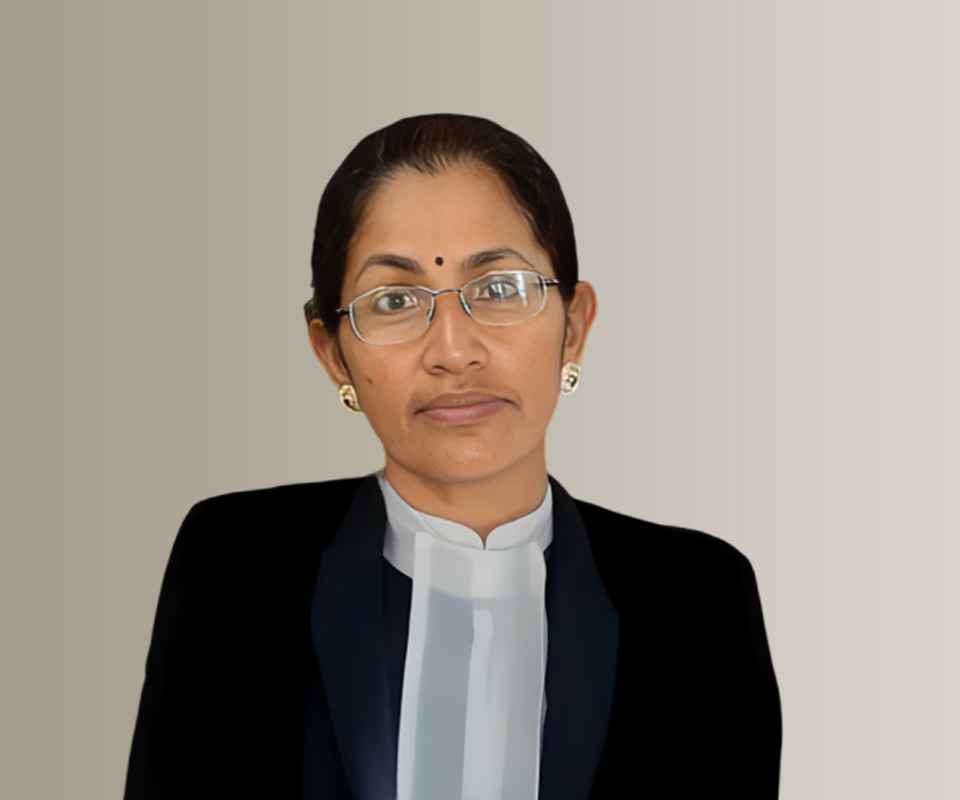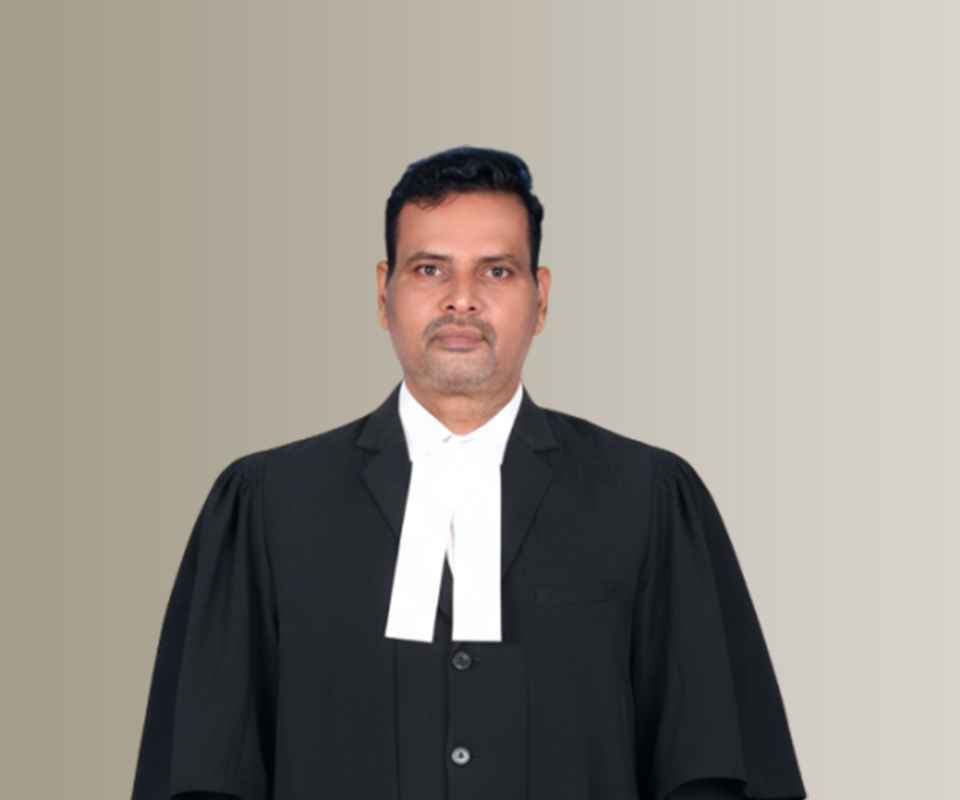Answer By law4u team
Expert witnesses play a crucial role in proving negligence, especially in cases where the facts and circumstances require specialized knowledge that is beyond the understanding of a layperson or the average juror. Their expert testimony helps establish the key elements of negligence, including the standard of care, causation, and whether the defendant's actions breached that standard.
Key Roles of Expert Witnesses in Proving Negligence
1. Establishing the Standard of Care Expert witnesses are typically professionals in the relevant field (e.g., medical, engineering, or forensic experts) who can define what constitutes a reasonable standard of care in the given context. In a medical malpractice case, for example, an expert witness may explain what a competent doctor should have done under the same circumstances.
2. Providing Professional Opinion Expert witnesses offer their professional opinions on whether the defendant's actions (or lack of action) were consistent with the standards of care within that specific industry or field. They help the court understand complex issues by breaking them down into understandable terms and showing how the defendant's behavior deviated from what was expected.
3. Establishing Causation In negligence cases, the plaintiff must show that the defendant’s negligence directly caused their injury or harm. Expert witnesses can demonstrate causation by explaining how the defendant’s actions or omissions led to the injury. For instance, a car accident expert may testify about how a faulty brake system (a defect) contributed to the crash.
4. Clarifying Complex Issues Many negligence cases involve technical or scientific concepts that ordinary jurors may not fully understand. Expert witnesses can simplify these complex issues, making it easier for the court to understand the facts and how they relate to the defendant's liability. Their testimony can be crucial in persuading the jury or judge about the nature of the breach of duty.
5. Enhancing Credibility The credibility of an expert witness is vital. Their qualifications, experience, and unbiased approach to the case make their testimony highly persuasive. A well-respected expert with specialized credentials can significantly impact the outcome of a negligence case.
Legal Actions and Protections
Pre-Trial Disclosures: In negligence cases, both parties must disclose their expert witnesses before the trial. This allows each side to prepare for the opposing party’s expert testimony and potentially challenge the expert’s qualifications, methodologies, or opinions.
Cross-Examination: Expert witnesses are subject to cross-examination by the opposing counsel, who may attempt to undermine the expert’s credibility or question their conclusions. The quality and effectiveness of cross-examination can influence how much weight the jury gives to the expert’s testimony.
Expert Reports: Experts usually prepare detailed reports outlining their findings, analysis, and conclusions. These reports are part of the evidence and can be used to demonstrate the expert's reasoning and bolster the case.
Example
In a medical malpractice case, a patient suffers severe complications after surgery due to a surgeon's failure to follow standard protocols. The plaintiff’s attorney hires a medical expert to testify about the standard of care for this specific surgery and how the surgeon's actions (such as not properly sterilizing equipment) deviated from those standards. The expert may also explain how this breach directly caused the complications. The defense may counter with their own expert, but the testimony of the plaintiff's expert helps clarify the professional standard and solidify the argument that negligence occurred.
In this case, the expert witness's testimony is crucial in proving that the surgeon's actions fell short of accepted practices and directly led to the patient’s harm, making the negligence claim more compelling.
